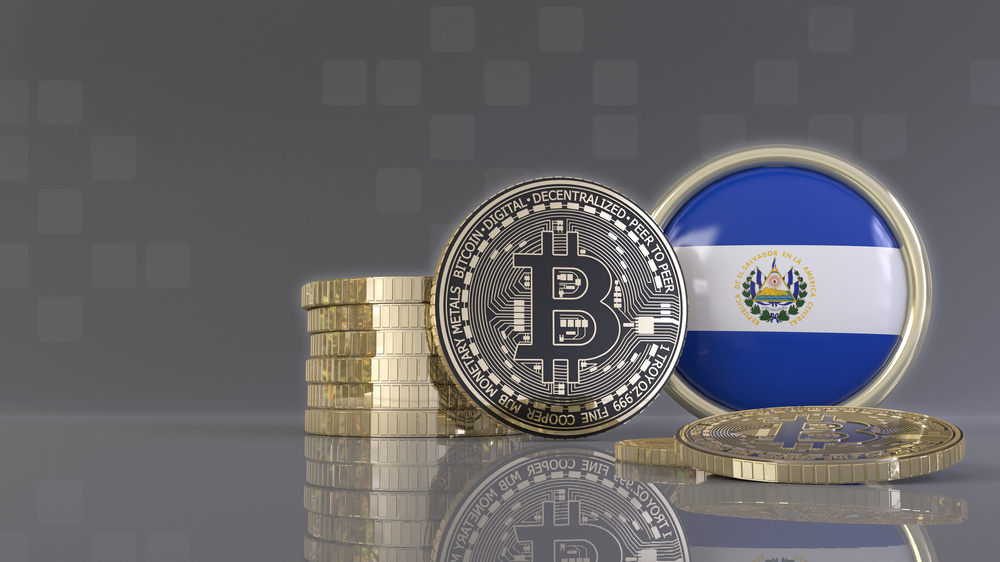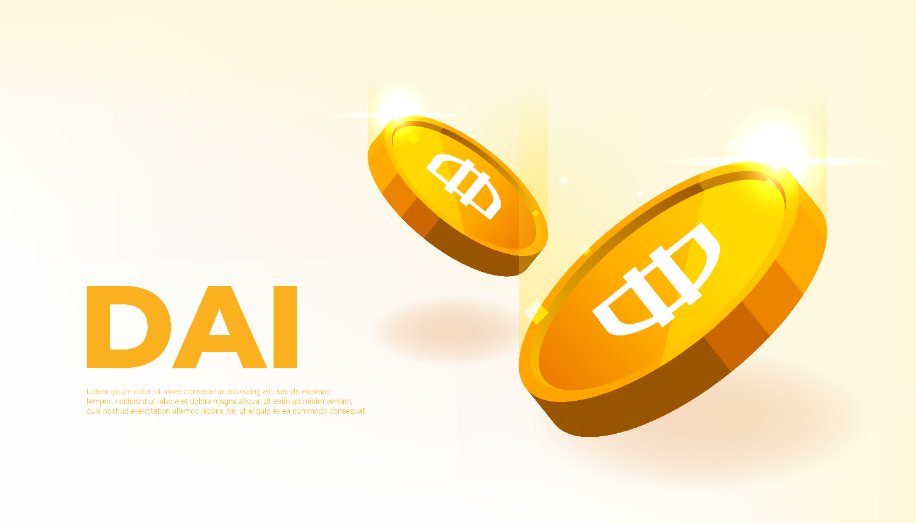
Bitcoin price fell below $20,000 on Saturday to see the USD value of El Salvador’ BTC holdings shrink from over $105 million to around $44 million.
El Salvador became the first country to adopt Bitcoin as legal tender in June 2021 and went on to buy its first BTC as a nation on 6 September.
That first purchase was for 200 bitcoins for $10,353, 812 at an average price of $51,769.06 per BTC. At the time of writing, that first purchase is down 63.03%, according to a portfolio tracker.
El Salvador bought more Bitcoin, utilizing dips to add to its holdings as BTC climbed to its peak in November. President Nayib Bukele also announced two more purchases in 2022, even as prices declined further off the peak.
El Salvador’s BTC holdings down 58% overall
The last purchase was on 9 May 2022, when El Salvador acquired 500 BTC for $15.3 million at an average cost of $30 744. In total, the country currently holds 2,301 bitcoins acquired at over $105 million for a dollar cost average of $45,908.42.
The value of the total holdings has fallen dramatically over this week, even as BTC/USD plummeted from $30k to $20k.
When we first made this chart on Tuesday, El Salvador’s bitcoin investment was worth $67m. Before going to press on Thursday morning, we updated the chart to $52m. It’s currently $44mhttps://t.co/lVzsnYRI5L pic.twitter.com/fkY98aFQuw
— Alex Selby-Boothroyd (@AlexSelbyB) June 18, 2022
With Bitcoin price below $20,000, El Salvador’s BTC holdings are now worth about $44 million – down more than 58% overall and currently losing over $61.5 million.
Despite the huge loss, the country’s Finance Minister recently said the fiscal risk was “extremely minimal.”
The post Bitcoin crash brings El Salvador’s BTC losses to over $61M appeared first on CoinJournal.




